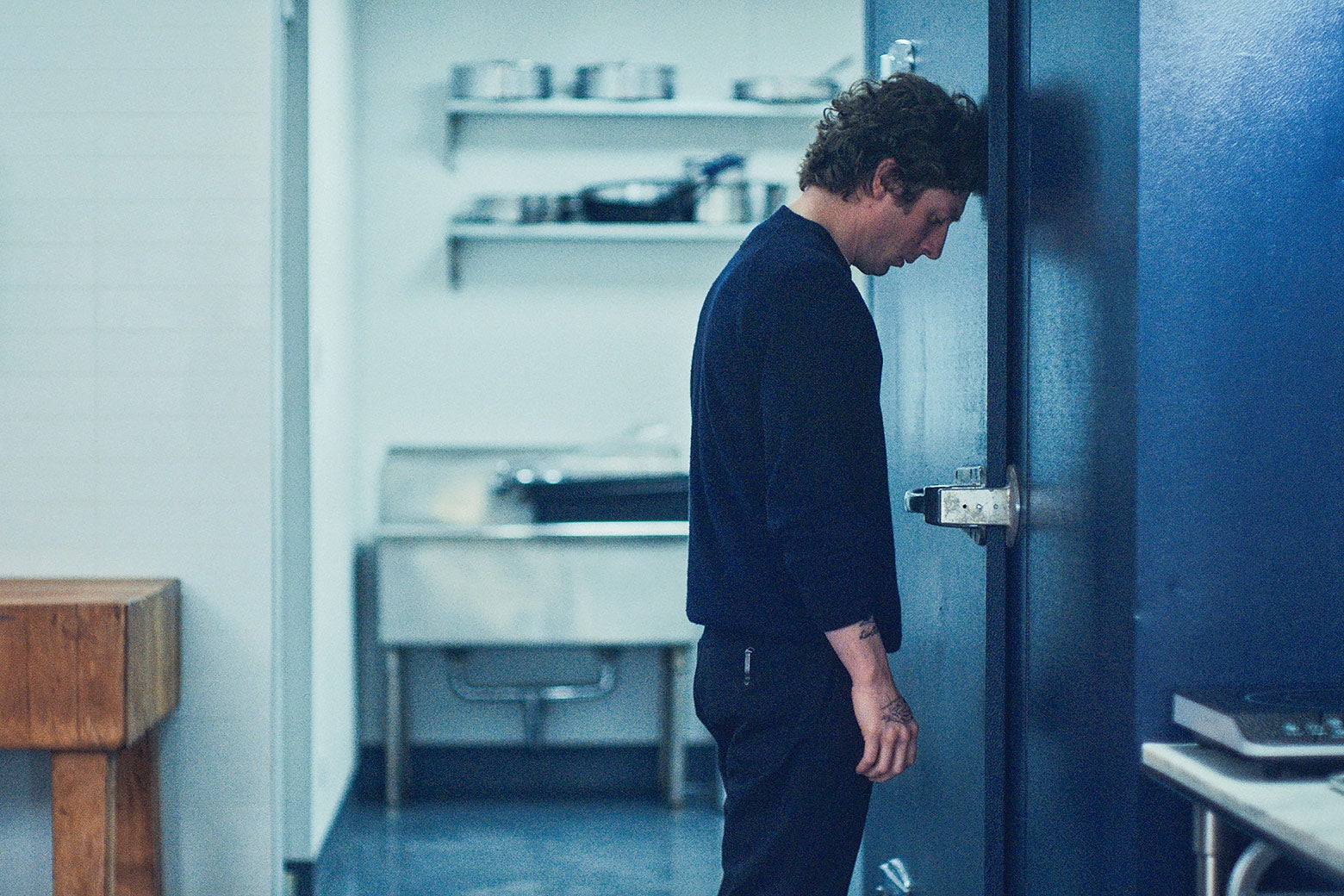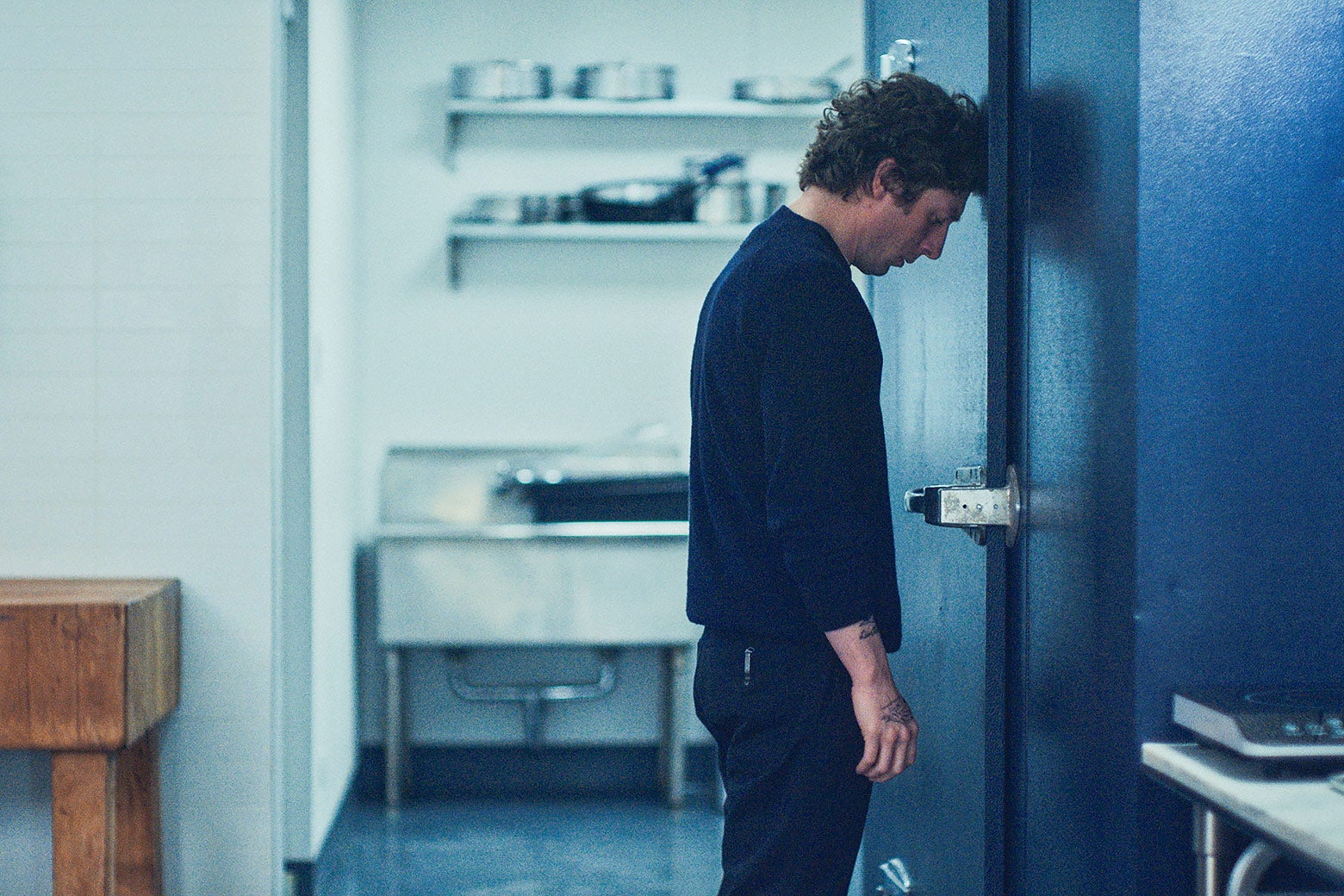
Title: A Comparative Analysis of Tina's Job Hunt and Family Life in 'The Bear' and Kim Kardashian's Parenting Woes
In recent episodes of 'The Bear' and the latest installment of 'The Kardashians,' two women faced unique challenges in their personal lives. While Tina from The Bear grappled with age discrimination during her job hunt, Kim Kardashian found herself at odds with her sister Khloé over parenting styles.
Tina, a long-time employee at Long Grove Confectionery, was unexpectedly laid off and forced to search for a new job. At 46 years old, she felt the weight of age discrimination in the industry and found herself struggling to find employment. Her dehumanizing job hunt left her feeling worthless and invisible.
Meanwhile, Kim Kardashian's parenting came under scrutiny when she asked her mother Kris Jenner to help wash Chicago's hair before school due to being overwhelmed with her four children. Khloé, who noticed the excessive use of hair gel on Chicago, criticized Kim for her parenting style. The tension between the sisters escalated during their family trip to Aspen and will be further explored in upcoming episodes of 'The Kardashians.'
Despite their different circumstances, both Tina and Kim faced challenges that tested their self-worth and relationships with loved ones. In the world of 'The Bear,' Tina eventually found a new opportunity as a line cook at Mikey's Italian beef shop. As for Kim, she and Khloé will have to navigate their differences in parenting styles moving forward.
Background Information:
'The Bear' is an FX series that follows the life of Carmy Berzatto, a chef who runs an Italian beef shop in Chicago. The show has received critical acclaim for its realistic portrayal of the restaurant industry and complex characters. 'The Kardashians,' on the other hand, is a reality TV show that chronicles the personal and professional lives of the famous Kardashian-Jenner family.
Facts:
- Tina has been working at Long Grove Confectionery for 15 years before being laid off.
- Kim asked Kris Jenner to help wash Chicago's hair before school due to feeling overwhelmed with her four children.
- Khloé criticized Kim for her parenting style, leading to tension between the sisters.
- Tina eventually found a new job as a line cook at Mikey's Italian beef shop.
- The Kardashian family's trip to Aspen will further explore the tension between Kim and Khloé over parenting styles.
Sources:
- 'The Bear' episode 6: Napkins (FX Network)
- ET Online article: Kim Kardashian Accuses Khloé of Mom Shaming Her Over Chicago's Hair



